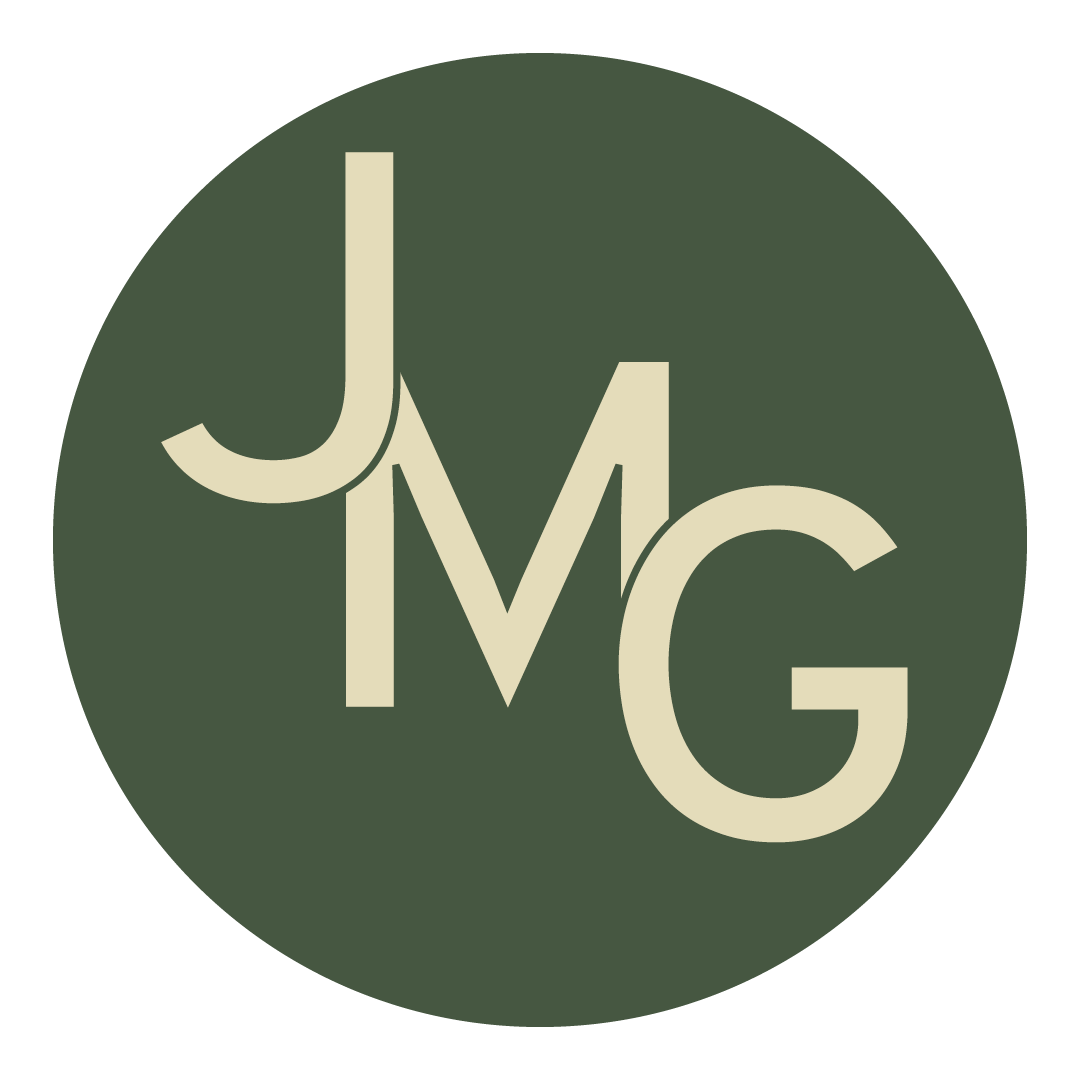DYCP
2019-2021
In 2019 I was awarded an Arts Council Developing Your Creative Practice Grant to undertake a programme of professional development and research my interest in commissioning contemporary art and cultural programming for the heritage sector.
Since becoming a freelancer I have sought to bring together my experience and expertise in the delivery and management of contemporary arts projects with my interest in heritage and social history. Artists working in response to heritage contexts has been an area of practice that has always interested me curatorially, but I have often found myself underwhelmed and frustrated by what appeared to be a lack of contemporary art expertise in bringing these project to fruition, or just seeing the same artists being approached to create such commissions. Furthermore, I found that colleagues in the contemporary art world spoke a different language to those working in the heritage context, which intrigued and frustrated me. Through a planned series of visits to ‘best-practice’ examples and interviews with artists, curators and producers working in the sector, I sought to explore and unpick some of these frustrations, gain a deeper understanding of the motivations for doing this kind of work and talk to some artists who’ve been commissioned to respond to the heritage context.
In addition to this research I invested in a mentor and other critical friends, as well as working with vocal coach Kate Terris to address some of my issues around interview and presentation confidence.
I was keen to learn new skills so worked with the very talented Daniel Clifford to develop a series of podcasts, talking to artists and producers of the kind of work my research explored. The podcasts enabled me to bring various strands of my DYCP project together – I turned the conversations I was having with artists, curators and producers into detailed, punchy episodes which explored a project or aspect of their work in detail. In the absence of a platform for public speaking due to the ongoing pandemic, I’ve been able to overcome confidence issues related to public speaking, articulating my thoughts verbally and just become more comfortable with hearing myself speak. The podcasts also provided me the opportunity to commission an artist to make a sound work in response to a historic, natural landscape – allowing me to put the subject of my research into practice. The resulting work by Rosie Brownhill is the soundtrack to my podcasts and I will speak about it and the process of making it in a future episode.
The biggest opportunity the DYCP afforded me was time and space to consider what I felt I needed to grow and develop my curatorial practice. The coronavirus pandemic gave me more of this than I had initially planned but having this project to focus on during that time was a lifeline in providing me with a focus and outlet for my practice. By completing my DYCP I have a much clearer understanding of myself as a practitioner, the direction I want to take my independent practice in, but also the strengths I bring to others in my freelance capacity. While my aspirations have changed from what I intended at the outset of the research, they have evolved in ways that are relevant to our new world and holistic joining together the work I do for myself, others and the wider spheres of my life as a parent and (soon to be) rural dweller.
Brickfield Field Trip, September 2020
The pandemic made undertaking this research challenging – the trips could no longer happen so I had to think about how it would be possible to deliver on the aims and objectives of this grant while adapting to massive changes within the sector. It became very clear that the heritage sector was in crisis-mode, responding to massive losses in revenue, undertaking staff restructures and sadly making many redundancies – in this context it felt insensitive to challenge colleagues on their commissioning programmes. Instead I widened the parameters of my research to include a wider selection of artists and organisations who have been integrating commissioning contemporary art and cultural programming into their offer.
Bruce Nauman, Fall, Pratfall and Sleights of Hand (Clean Version), 1993
Tate Modern, October 2020
So many people have been so generous with their time and spoken with passion and commitment to continuing this kind of work. Tom Freshwater gave great insight of how the National Trust imbedded Trust New Art within the organisation and how this paved the way for their successful National Public Programmes strand which saw fantastic partnerships, collaborations and commissions. I was able to attend the Art in the Heritage Experience conference at Newcastle University in July 2019 which really helped set the parameters of my research and introduced me to a helpful network of colleagues across the sector. I joined the organisers of Brickfield, an experimental participatory brickworks set in a disused china clay quarry near At Austell in Cornwall, for a fieldtrip and introduction to the work their doing to explore how heritage can inspire contemporary approaches to material and connecting individuals to their local landscape. I’ve spoken to a range of artists who have made work in response to heritage contexts, discussing their relationships with commissioning bodies, collaborators and the challenges and opportunities working in this way present. I am so grateful to all those who have given their time so freely and shared their thoughts and experiences so eloquently.
The purpose of DYCP is to give practitioners time and space which enables them to make a step-change in their practice. The freedom of the programme is that the benefits can often be intangible and freed from the obligation to produce something which represents a return on investment. In a culture where funding is so dependent on visible, tangible outcomes it’s been a challenge to free myself from the mindset of having to produce something that evidences the work and time spent.






